Things like strong economies, fresh ideas, industry growth, and opportunity to make money are always changing the world’s billionaires. The 10 countries with the most billionaires show us a lot about where the world’s wealth is and how people in different countries become affluent. These countries not only have some of the richest people in the world, but their economies also encourage people to create their own enterprises and put a lot of money into them. This list shows the countries with the most billionaires and the ones that are swiftly getting richer because of their booming IT industry, real estate markets, and the rise of internet commerce.
Each entry displays a diverse collection of socioeconomic characteristics that help produce and preserve vast quantities of money. Some countries have been financial powerhouses for a long time, while others are changing swiftly. You can learn more about how money and world development effect each other by looking at where the most billionaires live. These countries attract people, money, and new ideas, which sets trends that will have an effect on the world economy in the future. This overview not only shows how wealth is concentrated, but it also indicates how power, wealth, and opportunities are evolving in the 21st century.
The Top Ten Countries With The Most Billionaires
10. United Kingdom

The United Kingdom holds the tenth position with 55 billionaires whose combined assets total roughly $238 billion, a modest rise from $225 billion last year. This consistency highlights the UK’s strength in finance, technology, retail, and real estate, all centered around London’s global financial hubs. Key figures include hedge fund pioneer Michael Platt, with an estimated net worth of $18.8 billion, alongside wealthy entrepreneurs and property investors whose fortunes are tied to both established industries and emerging tech ventures.
Strong ties to European markets, a transparent legal system, and favourable tax frameworks continue attracting high-net-worth individuals. UK billionaires actively invest across sectors, spanning from fintech startups to luxury retail and overseas real estate. Despite occasional economic and political volatility, the UK remains a reliable magnet for global capital, thanks to its stable ecosystem of professional services, culture of innovation, and robust talent pool.
9. Brazil
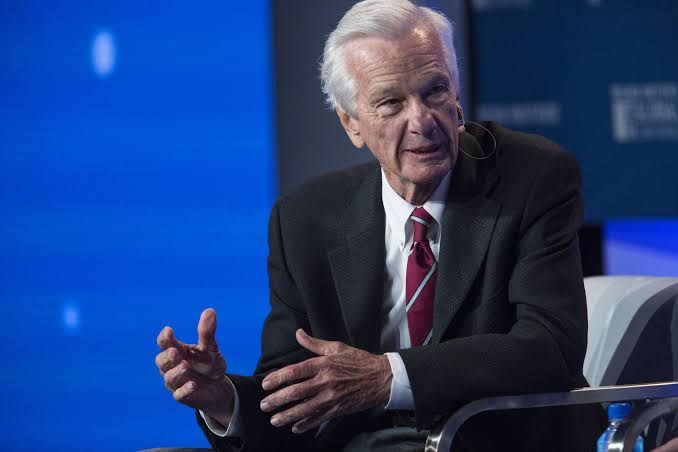
Brazil ranks ninth with 56 billionaires whose combined net worth stands at about $212 billion, down from $231 billion last year largely due to economic fluctuations in commodities and currency value. These billionaires have built their wealth in agriculture, mining, banking, retail, and digital businesses. Eduardo Saverin, co-founder of Facebook, leads with a personal fortune of $34.5 billion, and his investments span technology, real estate, and infrastructure.
Centered in São Paulo, Brazil’s billionaire class benefits from high domestic demand and global commodity trade. Despite challenges like inflation, regulatory shifts, and political uncertainty, they continue investing in fintech, e-commerce, and logistics. Brazil remains South America’s main hub for transformative industries and digital innovation, signaling room for billionaire growth as reforms take hold.
8. Hong Kong

Hong Kong is in eighth place with 66 billionaires whose combined wealth is approximately $335 billion, up slightly from $330 billion last year. Its wealthiest resident is Li Ka-shing, with an estimated $38.9 billion, from businesses in real estate, ports, utilities, and telecom. Despite a one-unit drop in count, Hong Kong remains a financial epicentre, thanks to its open economy and strong stock market environment.
Its separate legal and tax systems, ease of capital movement, and international reach ensure it remains a top choice for Chinese and global billionaires. Wealth is generated largely through property developments, family-run conglomerates, IPOs, banking, and luxury retail. Even amid political and economic headwinds, Hong Kong preserves its status as one of Asia’s most dynamic billionaire hubs, underpinned by an efficient professional services sector and access to mainland markets.
7. Italy
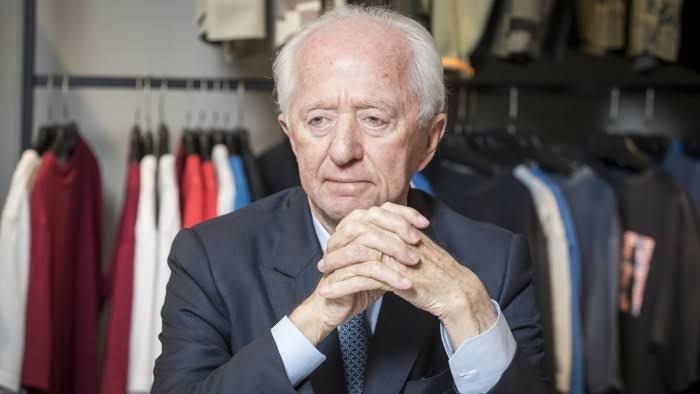
Italy has 74 billionaires, collectively worth about $339 billion, an increase from $302 billion the previous year. The most notable among them is Giovanni Ferrero, with an estimated fortune of $38.2 billion from the Ferrero confectionery empire. Other significant wealth stems from luxury fashion, automotive parts, machinery, and chemicals, mostly anchored in Milan and the industrial north.
Italian billionaire wealth is a mix of generational dynasties and entrepreneurial ventures, particularly in globally recognized sectors such as food, design, and fashion. These families invest not only in manufacturing but also in hospitality, real estate, finance, and art, reinforcing Italy’s high-end international appeal. Even amid broader economic challenges, Italy’s billionaire community remains resilient, driven by strong global brand identities and export networks.
6. Canada

Canada sits sixth, boasting 76 billionaires with total wealth of $359 billion, up from $315 billion last year. Leading the pack is Changpeng Zhao, former CEO of Binance, whose fortune is estimated at $62.9 billion. Other billionaires in Canada come from sectors like mining, energy, banking, and real estate, particularly those headquartered in Toronto and Vancouver.
Canada’s appeal lies in its resource-rich economy, stable political environment, and favorable tax and immigration frameworks, which attract global capital and talent. Billionaires invest heavily in technology, natural resource development, and financial services. Growing trends in clean energy, digital infrastructure, and mining suggest that Canada’s billionaire list may continue to expand, reinforcing its position as a wealthy and economically diversified nation.
5. Russia

Russia holds fifth place with 140 billionaires and a combined fortune of $580 billion, rising from $537 billion the previous year. Leading billionaire Vagit Alekperov, an oil magnate, commands a personal fortune of $28.7 billion. Russian wealth is largely concentrated in energy, particularly oil and gas, alongside metals, financial services, and telecoms.
While it faces periodic political risk and sanctions, Russia’s resource leverage and strategic industries sustain wealth creation. Billionaires here often maintain diversified portfolios that include international real estate and oil industry infrastructure. Despite geopolitical pressures, the nation retains one of the highest concentrations of billionaire wealth globally, underlined by large-scale export revenues and deeply entrenched industrial sectors.
4. Germany
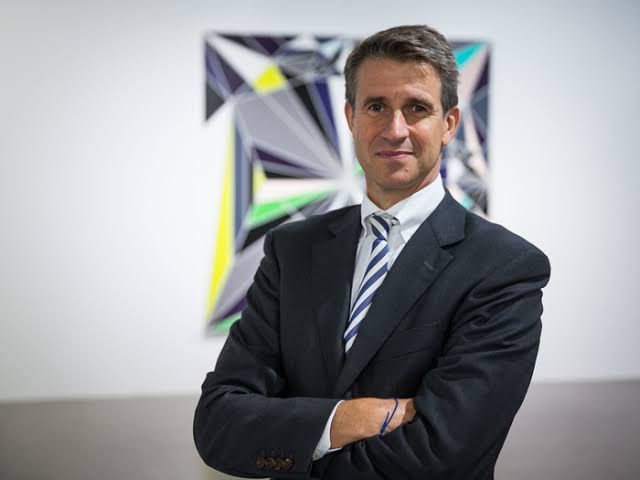
Germany ranks fourth, with 171 billionaires whose collective net worth comes to $793 billion, a significant increase from $644 billion last year. The wealthiest among them is Dieter Schwarz of Schwarz Group (Lidl and Kaufland), estimated at $41 billion. Germany’s billionaire class is anchored in leading industries such as automotive, chemicals, engineering, pharmaceuticals, and retail.
Billionaire fortunes are spread throughout hubs like Stuttgart, Munich, and Hamburg, representing success in manufacturing and high-quality exports. Many are founder-led or family-owned businesses with global reach. German billionaires also diversify into sectors like green energy, real estate, and finance. With a focus on precision manufacturing and industrial innovation, Germany’s wealthy elite continues to thrive on the foundations of global demand and engineering excellence.
3. India
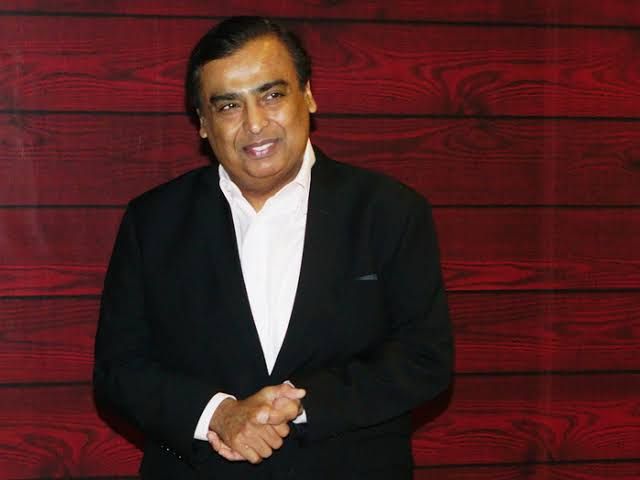
India ranks third with 205 billionaires commanding around $941 billion in combined wealth, a slight decline from $954 billion. Leading the country is Mukesh Ambani of Reliance Industries, with a personal net worth of $92.5 billion. The Indian billionaire landscape spans energy, telecom, manufacturing, pharmaceuticals, infrastructure, and digital services, particularly in Mumbai, Delhi, and Bengaluru.
Fueled by rapid domestic consumption, digital innovation, and infrastructure expansion, India’s billionaire class is expanding through both legacy sectors and tech-driven ventures. Despite modest net worth declines for some due to market corrections, billionaires here actively reinvest in startups, sustainability, and global assets. India’s inclusion of over 200 billionaires highlights its growing global economic influence and rising entrepreneurial spirit.
2. China
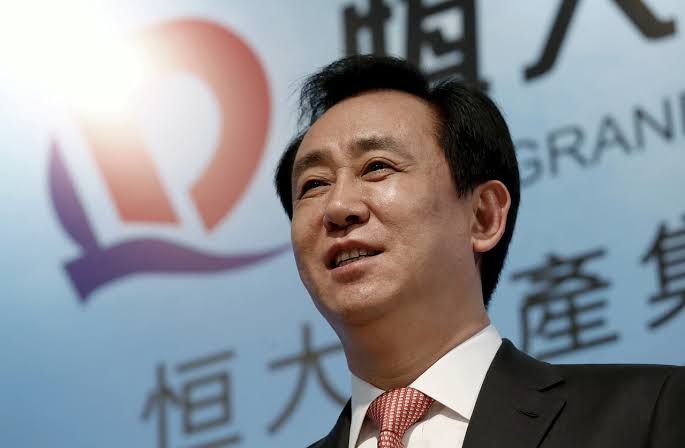
China is second with 450 billionaires in mainland regions (516 including Hong Kong), whose total net worth amounts to $1.7 trillion, up from $1.3 trillion. The richest individual is Zhang Yiming of ByteDance, with about $65.5 billion. Chinese billionaire wealth stems from rapid growth in e-commerce, technology, finance, real estate, and manufacturing.
Despite regulatory crackdowns in property and tech, China’s wealthy entrepreneurs adapt through domestic consumption revolutions, global expansion, and new industries like AI and green energy. Billionaires in cities such as Beijing, Shanghai, Shenzhen, and Hangzhou continue generating large fortunes through innovative business models and digital platforms. The country remains one of the most dynamic billionaire markets worldwide, driven by innovation and scale.
1. United States

The United States remains the clear leader with 902 billionaires whose combined net worth reaches an astounding $6.8 trillion, up from $5.7 trillion. Prominent figures include Elon Musk, Mark Zuckerberg, Jeff Bezos, and Larry Ellison. Wealth is driven by technology, finance, healthcare, entertainment, and manufacturing, spanning Silicon Valley, Wall Street, and global media.
This billionaire ecosystem benefits from deep capital markets, strong institutional frameworks, and a robust environment for startups, mergers, and innovations. The US produces more centi-billionaires than any other country, often ranking as the largest single contributor to global billionaire wealth. Despite debates around wealth inequality, philanthropy, and tax policy, the US remains unmatched in both the number of billionaires and the scale of their collective influence.

